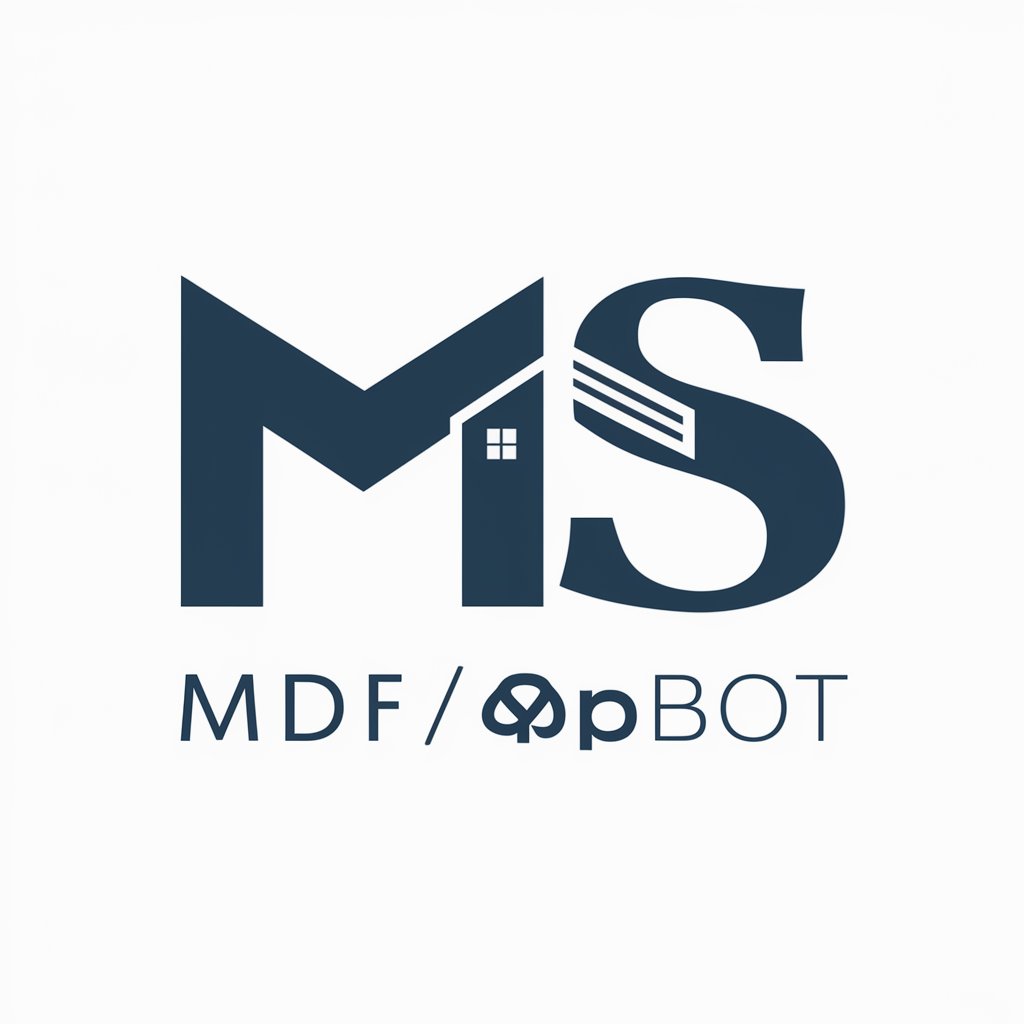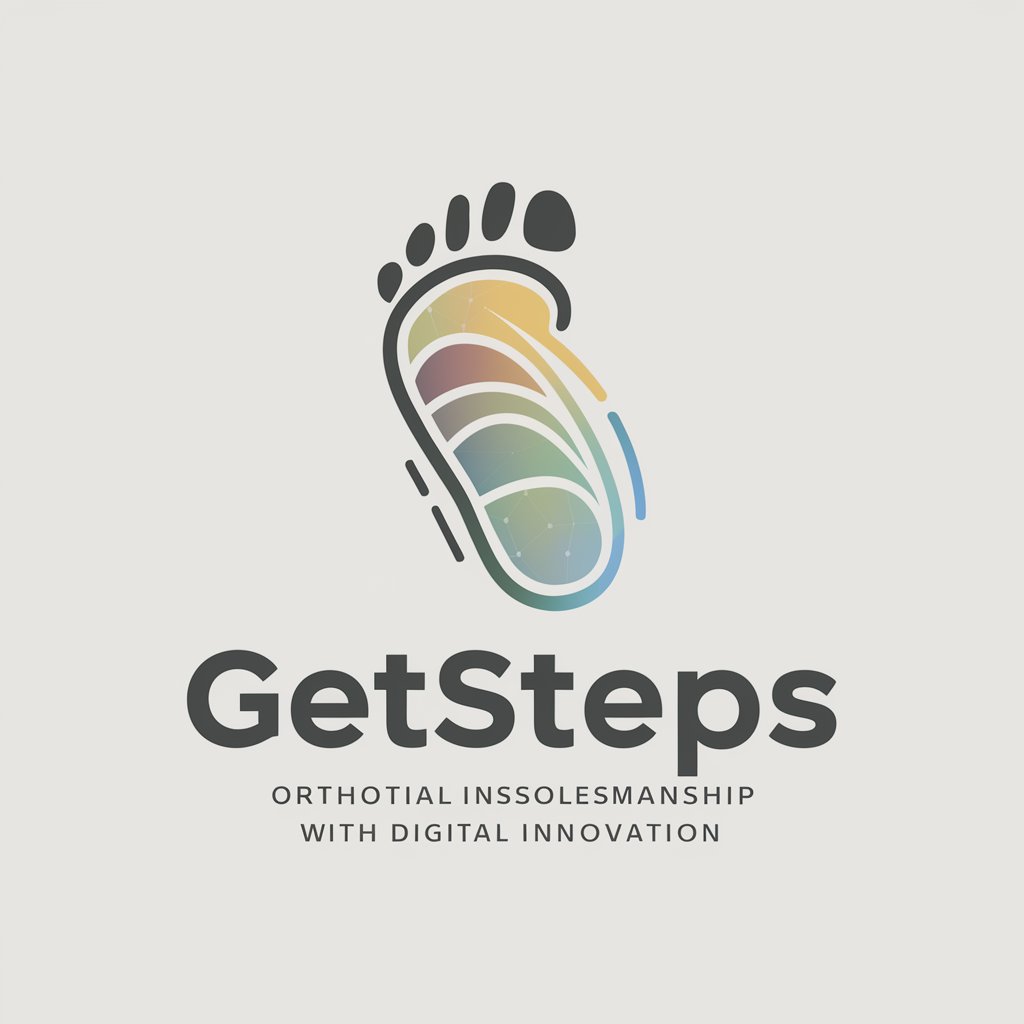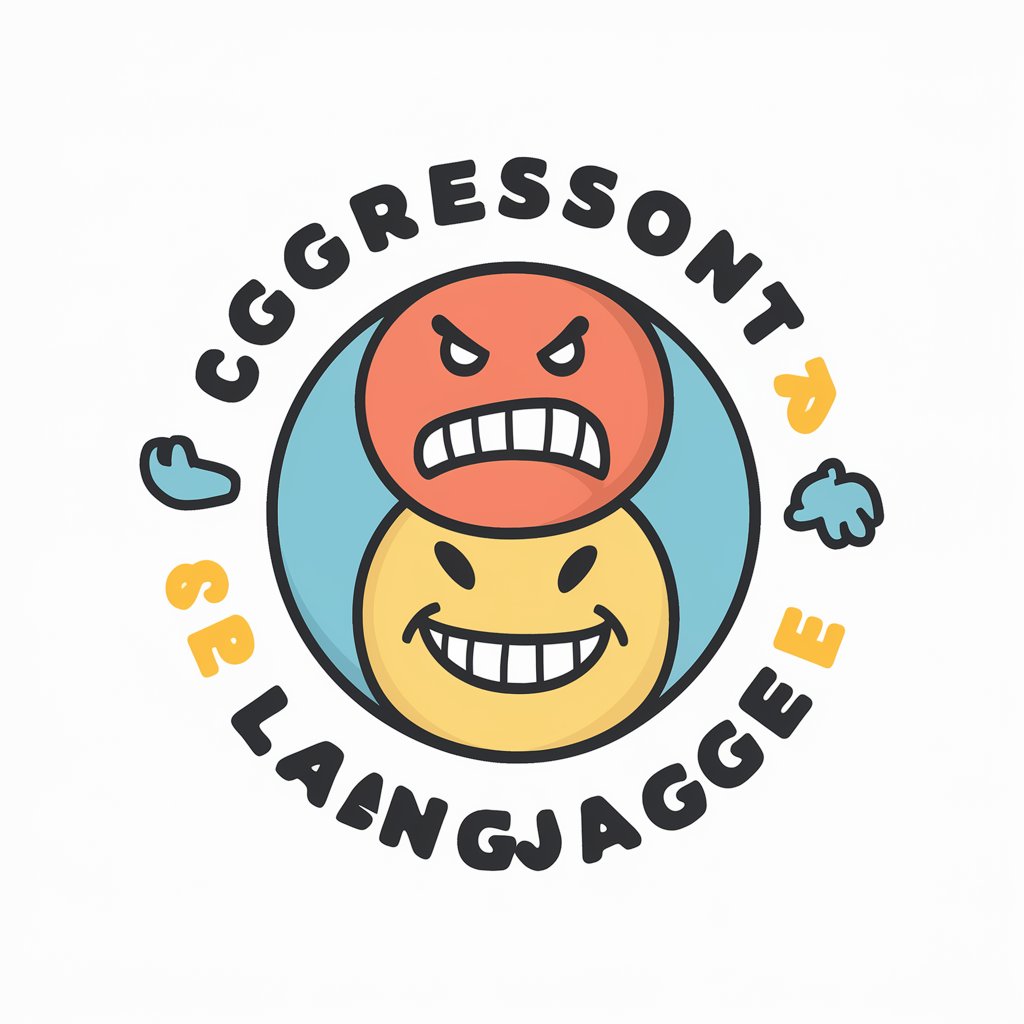6 GPTs for Customer Communications Powered by AI for Free of 2026
AI GPTs for Customer Communications are advanced artificial intelligence tools designed to enhance interactions between businesses and their customers. Leveraging Generative Pre-trained Transformers, these tools are adept at understanding and generating human-like responses, making them ideal for a wide range of customer service and engagement tasks. From handling inquiries to providing personalized recommendations, AI GPTs are transforming how businesses communicate with their clients, ensuring efficiency and a higher level of personalization.
Top 6 GPTs for Customer Communications are: Chinese M,マイソクPDF / 自動文章化Bot,GetSteps Copy Writer,Tone-Down,Tone Magic,Cook ToV Checker
Chinese M
Elevate Your Chinese Business Communications

マイソクPDF / 自動文章化Bot
Transforming property data into engaging narratives

GetSteps Copy Writer
Craft Your Message with AI

Tone-Down
Polishing Words, Preserving Intent

Tone Magic
Enhance Your Brand Voice with AI

Cook ToV Checker
Align Your Content with COOK's Heart
Key Characteristics and Functions
AI GPTs for Customer Communications boast several distinct features. They adapt dynamically to various customer interaction complexities, ranging from basic FAQs to intricate support issues. Notable capabilities include natural language understanding for seamless conversation, multi-language support to cater to a global audience, technical troubleshooting, web-based research for up-to-date information, and even image generation for visual assistance. These tools continuously learn from interactions, improving their accuracy and effectiveness over time.
Who Benefits from AI GPTs in Customer Communications?
These AI GPT tools serve a broad audience, including customer service novices seeking to enhance their interaction quality, developers aiming to integrate AI into existing platforms, and professionals in customer relations aiming for efficiency and innovation. They are designed to be accessible to users without programming skills, while offering extensive customization for those with technical expertise, making them versatile tools for any organization.
Try Our other AI GPTs tools for Free
Shelter Search
Discover how AI GPTs for Shelter Search revolutionize the way individuals and organizations find and manage shelter services, offering customized, efficient, and accessible AI-powered solutions.
Adoption Prep
Discover how AI GPTs for Adoption Prep can streamline your adoption journey with personalized guidance, legal advice, and emotional support, tailored specifically to your needs.
Post-Adoption
Discover AI GPT tools tailored for post-adoption support, offering personalized assistance, resources, and innovative solutions to adoptive families and professionals.
Daily Cheer
Discover how AI GPTs for Daily Cheer can transform your daily motivation with personalized, uplifting content designed to inspire and encourage.
Santa Conversations
Discover AI GPTs for magical Santa Conversations - your gateway to personalized, engaging, and joy-filled Christmas experiences with advanced AI technology.
Pedagogical Guidance
Unlock the potential of personalized learning with AI GPTs for Pedagogical Guidance, designed to adapt to individual needs and enhance educational experiences.
Expanding Capabilities with AI in Customer Engagement
AI GPTs offer a customizable solution across various sectors, enhancing the customer experience with interfaces that are intuitive for end-users and easily integrated into existing systems. These tools not only streamline communications but also offer insights into customer preferences and behavior, enabling businesses to tailor their services more effectively.
Frequently Asked Questions
What exactly are AI GPTs for Customer Communications?
AI GPTs for Customer Communications are AI-driven tools that utilize generative pre-trained transformers to automate and enhance customer interactions, offering personalized and efficient communication solutions.
How do these tools learn and improve over time?
These AI tools learn from each interaction, analyzing data to refine responses and improve accuracy, ensuring they become more efficient and relevant in handling customer queries.
Can these AI GPTs handle multiple languages?
Yes, one of the core features is multi-language support, allowing businesses to communicate with a global customer base in their native languages.
Are these tools suitable for small businesses?
Absolutely, AI GPTs for Customer Communications can be scaled to fit the needs of businesses of all sizes, providing small enterprises with the tools to offer high-quality customer service.
How do these AI tools integrate with existing systems?
These tools are designed for easy integration with existing customer service platforms and workflows, allowing businesses to enhance their capabilities without overhauling their current systems.
Do users need programming skills to use these tools?
No, these tools are built with user-friendly interfaces that do not require programming skills, though they also offer customization options for those with coding knowledge.
Can AI GPTs for Customer Communications provide technical support?
Yes, they are equipped to offer technical support by diagnosing issues and guiding users through solutions, leveraging their understanding of complex technical documentation.
Are there privacy concerns with using AI GPTs in customer interactions?
While AI GPTs are designed to handle data securely, businesses must ensure they comply with data protection regulations and use these tools responsibly to maintain customer trust.